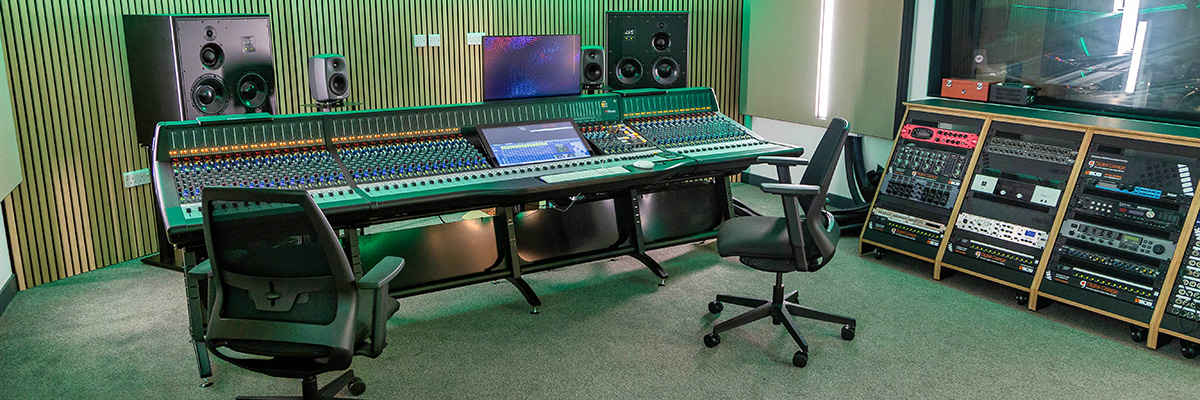One question before I even look at the questionnaire... are you planning to share your results with us or are we simply guinea pigs in the lab?
I've seen a number of similar posts but can't ever remember anyone coming back and discussing the results. Since this is basically an amateur recording forum (most of us are NOT professionals, although there are a few who do this for a living), it would a nice point of discussion since many folks on here are directly involved in the production side of music, even if they are the performer as well. Members will post their music and often ask for opinions from other members.
On the other hand, we routinely get people logging in from places like LA Recording School. They'll post that they are studying to be a music producer and look forward to learning, and never log in again. It's almost as if it's a class requirement to join a social media / forum.
And finally, I'm curious about your premise. "how production affects how an audience responds to rock music, and if stagnant production has been the cause of rock's fall off in the mainstream." seems to be a rather strange idea. I have no idea what stagnant production means. Rock music had been a place of continuous change in production styles and equipment. The rock music world started with a simple tape recorder, some mics, a simple mixer and a few auxiliary boxes (look at Sam Phillips Memphis Recording Services), and moved through 24 track 2" tapes with massive consoles. compressors, limiters, EQs and reverbs, to digital workstations with unlimited tracks, plugins, synthesized instruments along with traditional instruments. The same techniques are used today in pop, hiphop, EDM and World music. How can that be called stagnant production?
I suspect the general public doesn't have a clue as to what goes into the production of the music they listen to.
Its not that I expect an answer. You might be another "one and done" student who will never even see this post.



